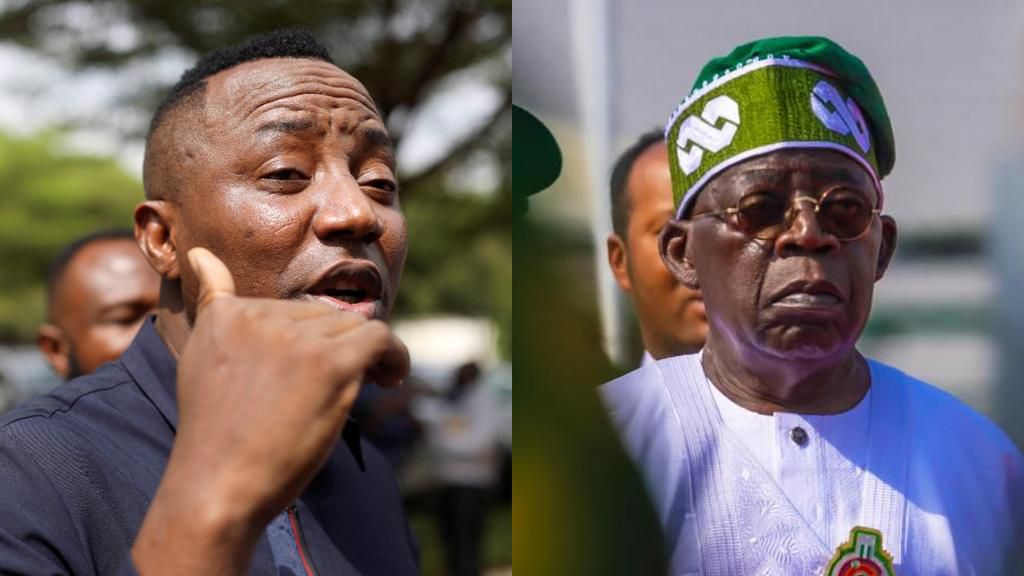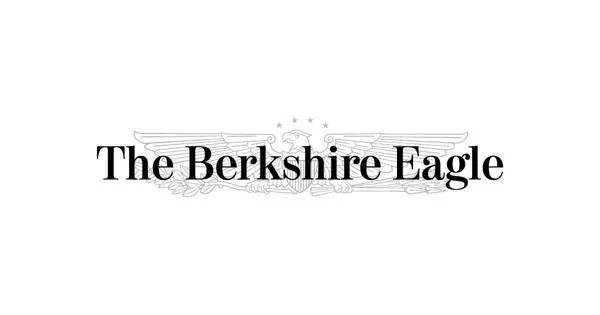By Segun Adeyemi
Copyright pulse

The Department of State Services (DSS) has filed a five-count charge against Omoyele Sowore, presidential candidate of the African Action Congress (AAC), alongside tech giants X Corp and Meta Inc., at the Federal High Court in Abuja, over social media posts deemed defamatory to President Bola Ahmed Tinubu.
The DSS, represented by a team of lawyers led by Muhammed Abubakar, Director of Public Prosecutions at the Ministry of Justice, accused Sowore of publishing “false, malicious and inciting” statements about the President through his official X and Facebook accounts.
The agency had earlier issued Sowore a one-week ultimatum, which expired on September 8, demanding he delete the posts. Both Sowore and the social media platforms failed to comply.
One of the charges read: “That you, Omoyele Sowore… did use your official X handle page, @YeleSowore, to send out a message… ‘THIS CRIMINAL @ OFFICIAL PBAT ACTUALLY WENT TO BRAZIL TO STATE THAT THERE IS NO MORE CORRUPTION UNDER HIS REGIME IN NIGERIA. WHAT AUDACITY TO LIE SHAMELESSLY!’, which you know the said message to be false but posted it for the purpose of causing a breakdown of law and order in the country.”
The charges, filed under the Cybercrimes (Prohibition, Prevention, etc.) Amendment Act 2024 and the Criminal Code Act, accuse Sowore of spreading false information, defamation, and attempting to incite public fear.
The fifth count specifically alleges he intended to cause public disturbance by posting inflammatory remarks against the President.
The DSS also named X Corp and Meta Inc. as co-defendants, holding them responsible for failing to delete Sowore’s accounts despite official demands.
Sowore, a known critic of successive Nigerian governments, has insisted he is prepared to face trial.
“I will be available whenever the case is assigned,” he said in response to the charges.
The case is expected to test the limits of online expression, government authority over social media platforms, and Nigeria’s cybercrime laws in an era of growing digital activism.
The Laws Behind DSS Charges Against Sowore
Cybercrimes Act 2024 (Section 24): Criminalises false online posts that may incite disorder, with penalties including imprisonment and fines. Criminal Code (Section 375): Makes defamation a criminal offence if it harms a person’s reputation. Criminal Code (Section 59): Prohibits spreading false information likely to cause fear or public disturbance.
Why It Matters
Critics say these laws are often used to silence dissent, while supporters argue they are vital to curb harmful misinformation.
Sowore’s trial could set a precedent on how much liability social media companies bear for user content in Nigeria.
“From the foregoing, it is crystal clear that the Police and other security agencies lack the power to arrest, detain and prosecute Nigerian citizens for the so-called offences of ‘cyberstalking’, ‘insult’, ‘causing annoyance’, ‘sending offensive messages’, and ‘criminal intimidation’,” Femi Falana, SAN was quoted as saying recently.
Falana’s statement emphasises that those provisions were repealed under the Cybercrime Amendment, and that legal provisions must respect constitutional rights, which also as in the case of DSS against Sowore.



